Through artistic photographs of scientists carrying out their everyday activities and texts about creativity and creative processes, Creativium proposes a two-way reflection process between the artistic and scientific worlds. A reflection process that distances us from clichés and simplistic stereotypes and launch us towards a territory with blurred boundaries in which aesthetics engages in a dialogue with abstraction and playfulness enhances creativity. This is a field in which the mind-body dichotomy begins to fade and uncertainty encourages us to venture into the unknown, far from immobilising us. You won’t find any certainties in Creativium; all you’ll find is beauty seductively enshrouding uncertainty and curiosity.
Creativity involves a lot of effort. It is not possible to be creative in any field without mastering the required techniques and without being deeply aware of its limitations and possibilities. Preparation is the first and most important of the stages in the creative process. During this working phase, we acquire a set of knowledge and skills and we gather all the relevant information about the problem that we want to address. This is a stage in which conscious, deliberate and planned work is paramount. A really important part of training is passed on through subtle channels, difficult to control, and many skills are generally learnt through imitation, by a kind of social osmosis. This is why it is so important to study with the best, in the best places and with the best resources. Good preparation is vital so that we can obtain creative results, as the entire following process will be based on this initial stage.
More info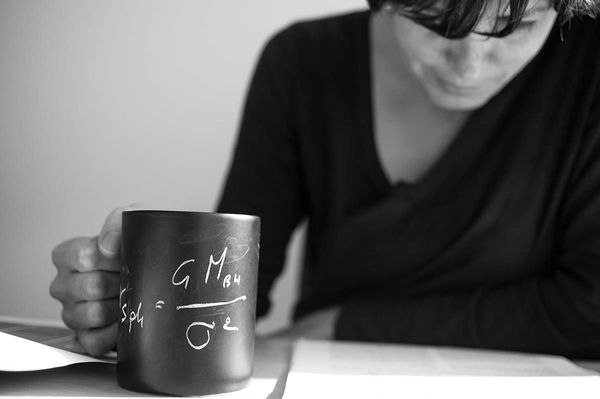
Creative thinking is not a mystical talent.
It is a skill that can be practiced and nurtured.
Edward de Bono
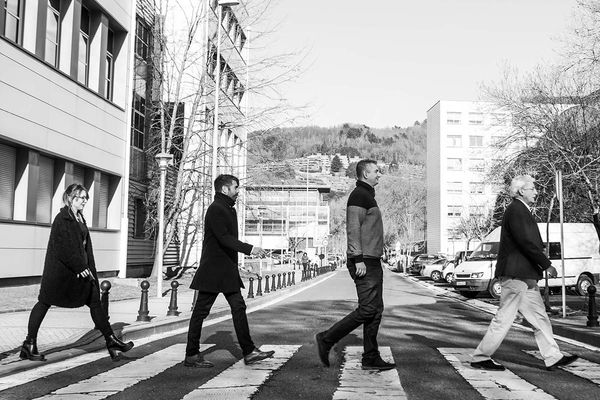
An idea is what happens to you while you’re busy thinking about something else.
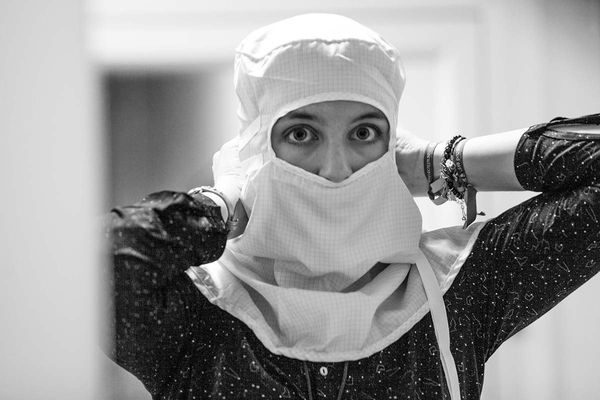
Science doesn’t progress by becoming more rigorous,
but by becoming more imaginative.
Here we enter a world governed by other rules that operate in a completely different way to conscious rationality. A representation of reality that is almost exclusively visual and in which apparently dissimilar ideas are combined prevails here. Far removed now from logic and from the painstakingly precise work that have dominated the preparation process, control of decision-making during incubation will be determined by aesthetic and moral criteria (including our personal obsessions). Incubation is a stage in the creative process in which we do not seem to be doing anything and yet our unconscious mind, in its own way and with its own methods, continues to work tirelessly on resolving issues that concern us. Rational interference in unconscious thought may even be harmful as far as creativity is concerned.
More info
All truly great thoughts are conceived by walking.
Friedrich Nietzsche
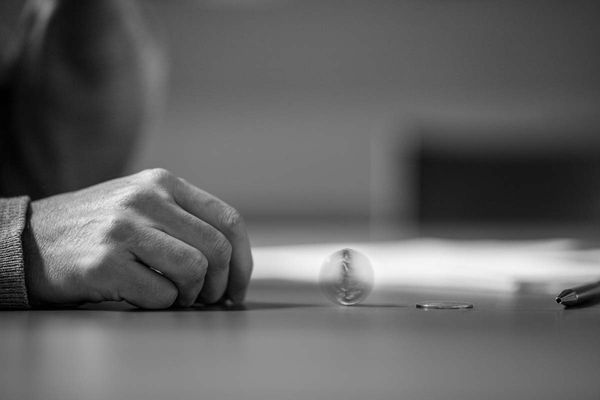
Chance is the only source of true novelty.
Francis crick
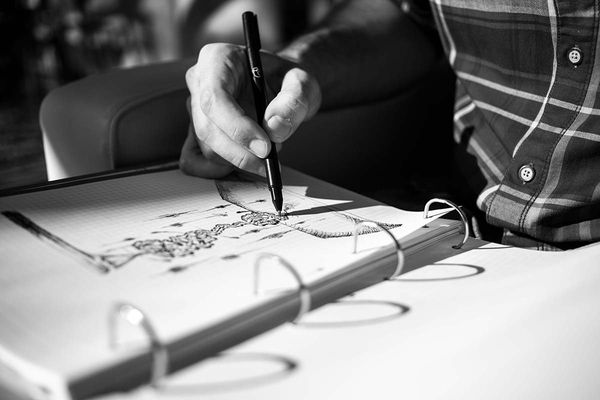
The history of the “thinking hand” that draws
-in particular that of scientists’ hands- is still to be written:
we hope that in the future it arouses more interest among art historians.
Horst Bredekamp
Here we enter a domain that may be either hopeful or frustrating. We trust that the idea that can help to solve the problem that we have been mulling over for days, months, years may emerge from inside us. The idea is there; perhaps it’s there. But there is not much that we can do to bring it to the surface in our conscious mind; we control almost nothing that goes on in our minds. The sudden passage of the idea from the unconscious to the conscious, this moment of epiphany in which we suddenly understand everything, is both fleeting and elusive. Paradoxically, illumination is the best-known stage in the creative process (sometimes wrongly considered to be the only one) and yet, at the same time, it is the least understood. The illumination that we so desire comes to us (if it actually does come) at the time we least expect it and without us knowing exactly how.
More info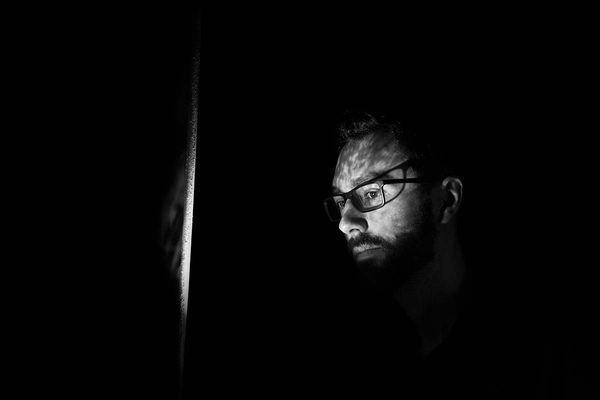
A new idea comes suddenly
and in a rather intuitive way,
but intuition is nothing but
the outcome of an earlier
intellectual experience.
Albert Einstein
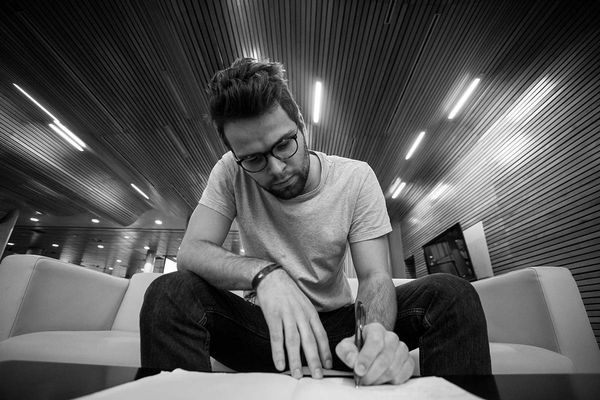
The eureka […] is a moment when scientific judgement is suspended,
an exceptional state generated by the unconscious extraction of
thought that is reinforced by emotional intensity
Amelia Gamoneda
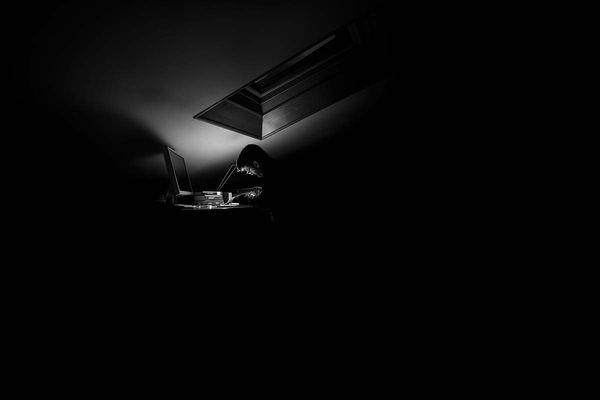
Without receptiveness for the unexpected […] and without the freedom to imagine based on
the unforeseen, there is no serendipity or discovery.
Sylvie Catellin
Waking from the dream: the long incubation process has finally given rise to an epiphany, to that thrilling unique moment in which everything becomes clear and we seem to have at last solved the problem. However things don’t finish there; what’s more, we could say that they have only just begun. We now have to assess and check the ideas that we have had and to do this we must make use of all the rational and analytical baggage that we carry. In this stage, we leave behind that completely dreamlike atmosphere that allowed us to reach an epiphany. The rational knowledge that we have incorporated during the formation stage comes into play once again here; preparation is not only needed to develop new ideas but also to check, shape and disseminate them, because a great theory kept in a drawer isn’t going to change the world; it must be shared with the right audience, published and promoted.
More info
The difficult we do immediately.
The impossible takes a little longer.
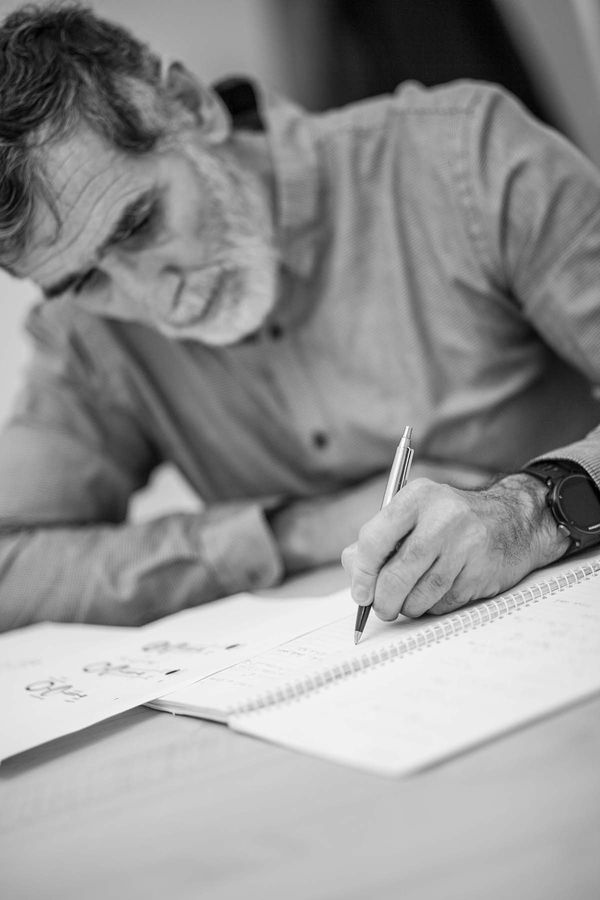
Sometimes metaphors explain nature
better than equations.
Roald Hoffmann

A stroke of luck is usually almost always the reward for persistent effort.
Santiago Ramón y Cajal